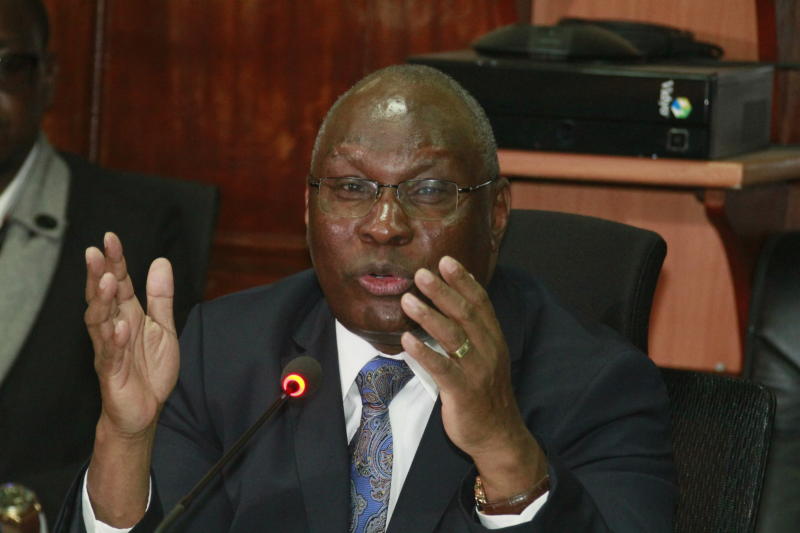×
The Standard e-Paper
Stay Informed, Even Offline

The passing on of the chairman of the Public Service Commission Stephen Kinyanjui Kirogo last week caps an illustrious public service career spanning over 35 years.
Mr Kirogo became the commission’s second chairman under the 2010 Constitution in August 2018, succeeding Prof Margaret Kobia who had been appointed Cabinet Secretary the same year.